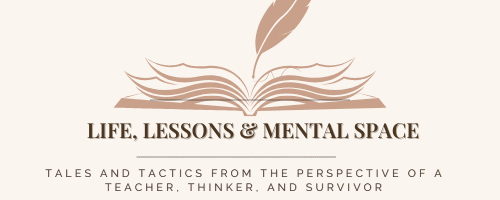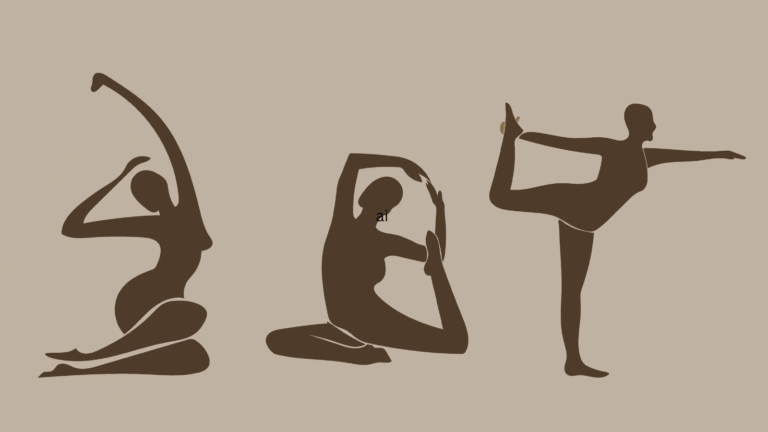First Published April 9 2020
Amputation isn’t just about adapting; it’s also about dealing with things that no one warned you about. Here are ten of the most frustrating ones I’ve faced.
I hereby disclose that this blog might earn a small commission from the affiliate links pointing to an item on Amazon.com at no extra cost to you.
I’ve been an amputee for eight years now.
Well, eight years and two days, to be exact.
Wow.
Sometimes it feels like it happened just yesterday. Other times, it feels like a lifetime ago.
And then there are days I wake up breathless, disoriented, half-expecting it to all be a bad dream.
If only it were a dream.
That’s the first frustrating thing about amputation: the confusion. The way time bends around trauma.
Sometimes, the loss feels distant, as if it were something that happened to someone else. Other days, it’s all too vivid, like I’ve lived two completely different lives, and the amputation belonged to one of them.
Phantom pain:
This is usually the major frustration of an amputee. It can drive you crazy if you are not careful, firm, or determined.
It is there and it is not there, itching, throbbing, gnawing like a missing limb. Like a ghost, it never stops taunting, haunting, and tormenting.
Yes, the missing limb. You live with its torment for as long as it wishes. Sometimes, it is my big toenail. It would seem as if someone is pulling off its nails with pliers.
At other times, it itches, and all you can do is slap, shake, pat, and eventually learn to ignore it.
Forgetting you are now an amputee:
Yes, it is possible. You can sometimes forget that you are missing one or two limbs. And it is cruel. I have been a victim of this many times. It never ends well.
I would forget I have only one leg left, then I’d get up in a hurry and land on my residual limb. Ouch!
No matter how well you have mastered the art of masking pain, you will howl.
It happens a lot now that I have a child. I’d get up to run to catch him or see why he screamed, and I’d end up being the one screaming louder than him.
The Pity Stares:
It took me a while to get used to this, until recently, though.
Whenever I’m going to a place I’ve never been before or where I’ve never seen myself. I would practice a lot of breathing in through the nose and out through the mouth.
It is all so I don’t trip over the stares. It is worse when I get out of a car, especially if people have seen my face before I step out.
I can almost hear the ‘ohs’ and ‘ahs’. The way the expressions softened or changed from admiration or interest to pity or simply ‘wow.’ Gosh, I hate it!
Strangers asking you personal questions about your amputation:
I can never get used to this. I always try to be calm and cool, though.
Some people can’t keep their curiosity in. “Do you sleep with your prosthetics on?” I do not.
Kids: “How did you lose your leg?” “Did you get shot?” “Why do you have a walking stick?”
Some are blunt, like how you bathe, and if you crawl sometimes 🙂
And yes, I do, by the way.
Most people want to know what it’s like to walk around in an artificial leg.
Mine feels as if I’m wearing a tight shoe, with my toes curled and cramped in the front and my heel pleading for an expansion. That is the best part.
The Lectures:
Yes, you sometimes get lectures on how to live your life. It doesn’t matter if they are not amputees or have never actually met one.
They read some motivational write-ups or listen to them and want you to try living that way.
They have no idea that you are not always the same person you were before your limbs decided to retire untimely. For me, I was stuck on that road, that sunny day eight years ago, for a very long time.
And whenever I hear any loud noise, my head is convinced that my body is about to be mauled again.
How can you make them understand all that?
They always believe it is a switch and all you have to do is flip it. They just can’t understand. They are trying to help, but it is just what it is.
So, just keep it in; it keeps the lectures short.
Having lots of unused one-foot shoes or slippers:
I have so many lonely left shoes and slippers sitting around at home, especially from when I was new to this and still adjusting. I kept buying shoes, sandals, and flip-flops thinking I’d wear them all, only to realize most would just gather dust.
Now, the left ones are practically brand new, and the rights? Well, they’ve seen the world, here’s the fun part:
As an amputee, I can totally wear a left shoe on my right foot, and no one really says anything. And if they do, it’s just one of those stares I’m already used to. So hey, fashion freedom one foot at a time.
When I got tired of keeping them, I started throwing them out as soon as I got them. At first, it felt like throwing my foot away all over again.
Now, I stopped buying slippers or sandals and wear only shoes. It’s boring, but better than keeping the lot
And when I need my right leg to get wet, I wear old shoes or slippers.
Sitting to take a bath:
There are days I want to stand to bathe so bad. I can stand on one leg for a while, but not long enough to satisfy.
And even then I keep swaying. Then I’d just realise it is not worth slipping in the bathroom. So I would do the standing in my head.
Learning new and different ways to do old things:
Amputation forces you to learn everything you have ever known to do in your life all over again.
You have to start from scratch. And even though you know how to do them before, you learn again and this time, harder than you can ever imagine.
Walking, climbing, sitting, even sleeping you have to start all over. At first, I had to be contented with sleeping on my back and as a result of this, I had years of sleepless nights. I hated sleeping on my back. Amputation taught me to.
You must have the thickest skin ever:
Yes, you must be immune to all I have mentioned above and more.
You learn to be unaffected by all the unpleasantness that comes with amputation or learn to fake it.
Otherwise you would come off as a frustrated soul, aggressive or in need of serious therapy.
You learn to get used to the stares, the kindness of strangers, and even the affection of friends and family when they don’t have to.
I hate when I know they should be angry, but they don’t want to be because they feel they shouldn’t.
You get used to the prying, rudeness, pity, lectures, sermons, and hiding your pains to make your loved ones happy.
You have to stay strong and courageous, even on the days it feels impossible, because it’s not just about you.
There are people who need you to keep going. People who draw strength from your strength. And because you care about them, you dig deep. You move forward. You crawl when you have to. Hop when you must. And you do whatever it takes to make it through, one day at a time.
This is because surviving isn’t just about getting by, it’s about choosing life, again and again, even when it’s hard.
If this spoke to you, share it with someone who needs to know they’re not alone.
And if you’re journeying through life after loss, limb or otherwise; I see you. Keep going.






